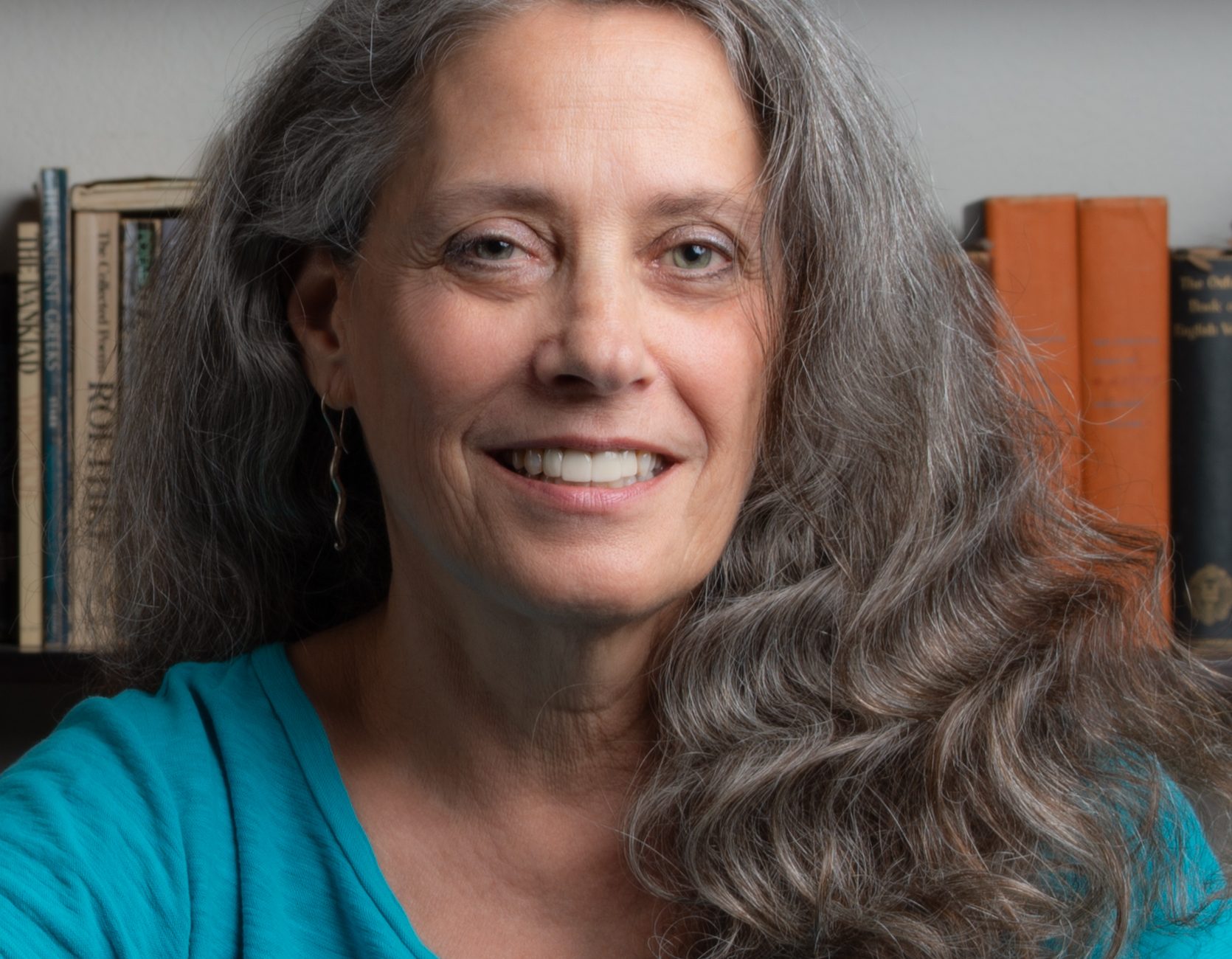One of the most fundamental tasks for any university is to foster research that creates an impact beyond its campus. For historians, much of that work takes place in the growing fields of public and digital history. These scholars use innovative digital tools to make historical research relevant and accessible to a broader community. Now, the nation’s top historical association is recognizing the University of Texas at Austin’s own Joan Neuberger with its award for distinguished contributions to public history – the Herbert Feis Award from the American Historical Association.
“From Not Even Past to Thinking in Public, The Public Archive, and Behind the Tower, as well as the 15 Minute History podcast series and her Public and Digital History courses, Joan has worked tirelessly over the years to bring history to a larger public,” said Jacqueline Jones, professor and chair of the history department at UT Austin. “The Feis award recognizes the creativity, hard work, and technological sophistication she brings to all these efforts.”
One of Neuberger’s most well-known projects is the public history website Not Even Past (NEP). Launched in 2011, NEP has monthly features on faculty research, book recommendations, film and television reviews, and stories about archival, visual, aural and other historical documents that illuminate intriguing corners of the past for its readers. Its name was inspired by William Faulkner, who famously said: “The past is never dead. It’s not even past.” Within the academy, the site helps graduate students practice writing in an accessible fashion, and professors use it to find engaging assignments for their classes. To date, NEP has reached close to 1 million visitors representing every U.S. state and over 200 countries.
All of Neuberger’s public history projects involve students at UT. The podcast 15 Minute History is co-founded, co-produced and co-hosted by history doctoral candidate Christopher Rose. It provides short, accessible podcasts on a variety of historical subjects for a general audience. Listeners can explore over 100 episodes covering a range of geographically and thematically rich and diverse content, across centuries.
The website Thinking in Public brings together public scholarship projects by faculty and students across disciplines. The site both showcases these projects and serves as a platform to explore different approaches to bringing world-class scholarship to wider audiences. For example, the site recently featured a project called Front Porch Gatherings, which connects members of the Austin community with faculty, students, nonprofit organizations, community leaders, and others to discuss the pressing issues faced by Austin’s historically underserved communities.
In the classroom, Neuberger teaches public and digital history courses for UT graduate students across departments. Her spring 2016 course centered on a topic close to home for all those in the greater Austin community: the 1966 UT Tower shooting. In anticipation of its 50th anniversary that summer, students conducted original research and developed individual projects exploring different facets of the tragic event. You can read the final projects at the website Behind the Tower.
Last Spring, Neuberger’s students learned how to exhibit the value of archives outside of academia and encourage the democratization of access to these resources. They digitized archival collections that were not yet available to the public, and then wrote blogs and lesson plans for educators to bring these archives into their classrooms. The culmination of these efforts can be found at The Public Archive.
At a time when the humanities are increasingly under siege, the success of Neuberger’s work highlights the demand for humanistic inquiry from among people from all walks of life. As the subscribers to NEP and 15 Minute History report, they are real estate agents and pharmacists, firefighters and nurses, waitresses and lawyers, school bus drivers and computer scientists, marketing directors and priests. They plan our cities, create our art, make our coffee, protect our wildlife, serve in our military, raise our children, and report on our world. And of course, they are students and educators. That is the type of broader intellectual community that public historians aim to create and that Neuberger has pioneered at UT.
“Each of Professor Neuberger’s public scholarship projects sheds light on the ways that education improves human connections,” said Zoya Brumberg, doctoral student in American studies. “History, literature, science, and art give us the tools to understand ourselves and the world around us. Dr. Neuberger makes it her mission to entice as many people as possible with intellectual explorations that they can relate to without compromising the integrity of their academic groundings.”
Story by Rebecca Adeline Johnston, Ph.D Student, UT History Dept.
